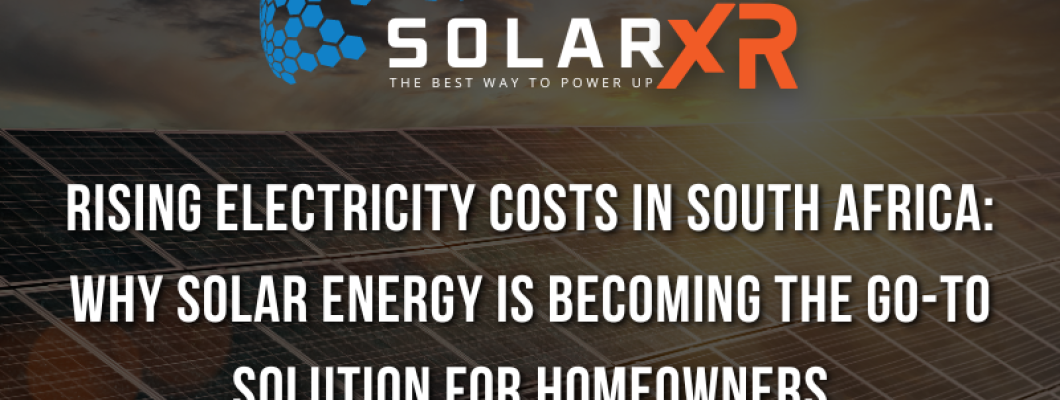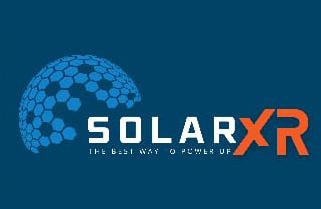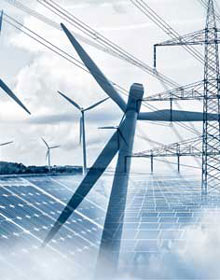
South Africans are facing a significant increase in electricity costs, paying 33.8% more than they were just two years ago. This sharp rise in energy prices has prompted many South African homeowners to consider alternative solutions, with solar energy emerging as a particularly compelling option.
Investing in a solar system for your home in South Africa can lead to significant savings over time, both in terms of energy costs and environmental impact. On average, a household can save between R1,500 and R3,000 per month on electricity bills, depending on the size of the solar system and the household’s energy consumption. These savings can add up quickly, allowing homeowners to recoup their initial investment in approximately 5 to 7 years, although this payback period can vary based on factors such as installation costs, government incentives, and energy prices.
The cost of installing a solar system can range from R70,000 to R200,000 for a typical residential setup, including panels, inverters, and batteries. While this upfront cost may seem high, the long-term benefits make it a worthwhile investment. In addition to monthly savings, homeowners can enjoy protection against rising electricity tariffs and power outages, which are common issues in South Africa.
Moreover, many regions in South Africa receive abundant sunlight, making solar energy a particularly efficient and sustainable option. By generating your own electricity, you also contribute to reducing the carbon footprint, promoting a cleaner and greener environment. Additionally, some municipalities offer rebates or incentives for solar installations, further enhancing the financial viability of going solar. Overall, while the initial expense is considerable, the long-term savings and environmental benefits make solar energy an increasingly attractive option for South African homeowners.


1 Comment(s)
Hello there! This blog post couldn't be written any better! Looking at this article reminds me of my previous roommate! He constantly kept preaching about this. I will send this information to him. Fairly certain he's going to have a great read. Thanks for sharing!
Leave a Comment